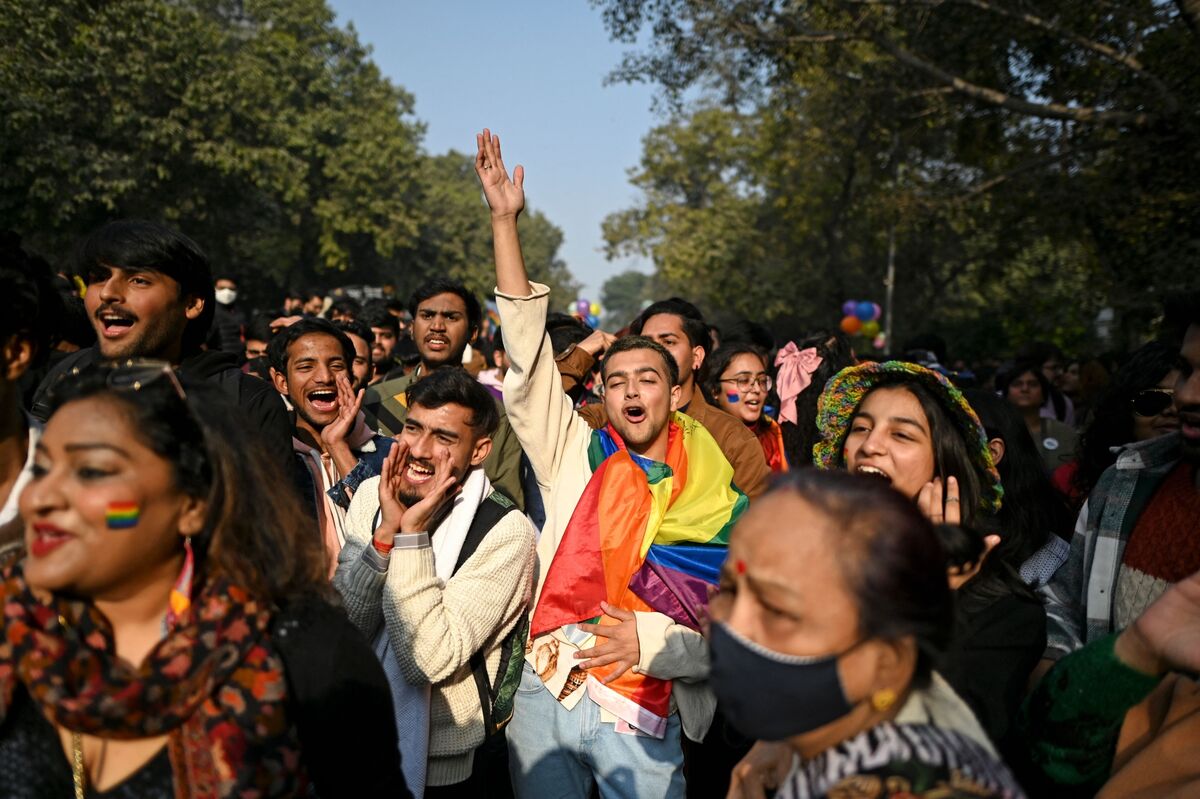
After the Navtej Sing Johar case, section 377 of the IPC was decriminalized; this gave a new turn to the social norms in India. Many cheered the decision, while some were not considering it wise. After decriminalizing the law, many people registered their marriage under the particular marriage act in 1954.
What is the particular marriage act of 1954
Marriage in Indian society has been given great importance, and hence every religion in India has its marriage act, for example, the Hindu marriage act and the Muslim marriage act.
Similarly, when people from two different religious communities come together and get married, they get registered under the particular marriage act, as they cannot be registered under the Hindu or Muslim marriage act. Hence special marriage act has significance in society.
Issues LGBTQI+ raised
After the decriminalization of section 377, many people from the LGBTQI+ community went to register their marriage under the particular marriage act. Still, the issue they faced was that they could not get registered under the same show, as no provisions were made to write the particular community. After meeting this issue, several petitions were filled, and they were filled.
After getting the petitions, the SC started the hearings on 6th Jan and asked the government for their reply on the same issue.
Government reply on the same issue
The government said that marriage is an integral part of societal norms and that allowing same-sex marriage will harm its nature of it. It’s an institution for Indian society, and allowing same-sex marriage will temper its essence. The court has just decriminalized sexual intercourse between same-sex persons in its 2018 judgment in the Navtej Singh Johar case and has not legitimized this conduct.
The Supreme Court has yet to make any remark on the government’s reply. Let’s wait and see what twists and turns this case will take and whether the LGBTQI+ will get their justice.
